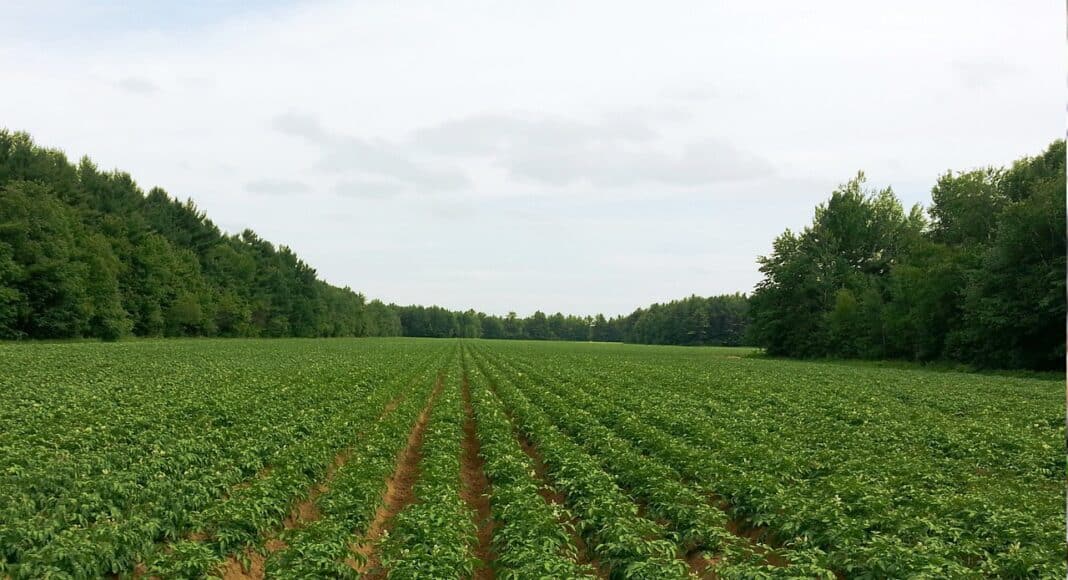Scientists revealed results from a farm trial which investigated potato varieties resistant to potato cyst nematodes (PCN) at the James Hutton Institute (JHI) in Invergowrie, U.K., a Jan. 23 news release said.
The PCN Action Scotland Winter Conference welcomed delegates from the Scottish farming community and shared updates from a 2022 trial, the release said. Scientists at JHI, SoilEssentials, Scottish Agronomy, SRUC and SASA worked collaboratively on the Scottish government-funded project, to find potato varieties that were highly resistant to PCN, and suitable for growth in Scotland’s climate.
“Although we are already aware of potato varieties that do not allow PCN to multiply as they are resistant to infection, they can still cause significant yield losses as despite the resistance, the root systems can still be eaten away by the pests,” Philip Burgess, with Scottishpotatoes.org (a JHI and SRUC partnership) lead, said in the release. “What we need are potato varieties with both resistance and high levels of tolerance to the pest, and this is what we found in the field trial.”
Some potato varieties were discovered that not only stopped the multiplication of PCN, but also grew well under high pest pressure, leading to a more sustainable rotation, the release noted.
“It is really pleasing to note that some of these varieties are now being stocked by major retailers and we hope others will follow suit soon,” Burgess said.
Related Articles
University of Idaho Researching Potato Nematode Control
Managing Nematodes and Disease Through Good Tools and Management











